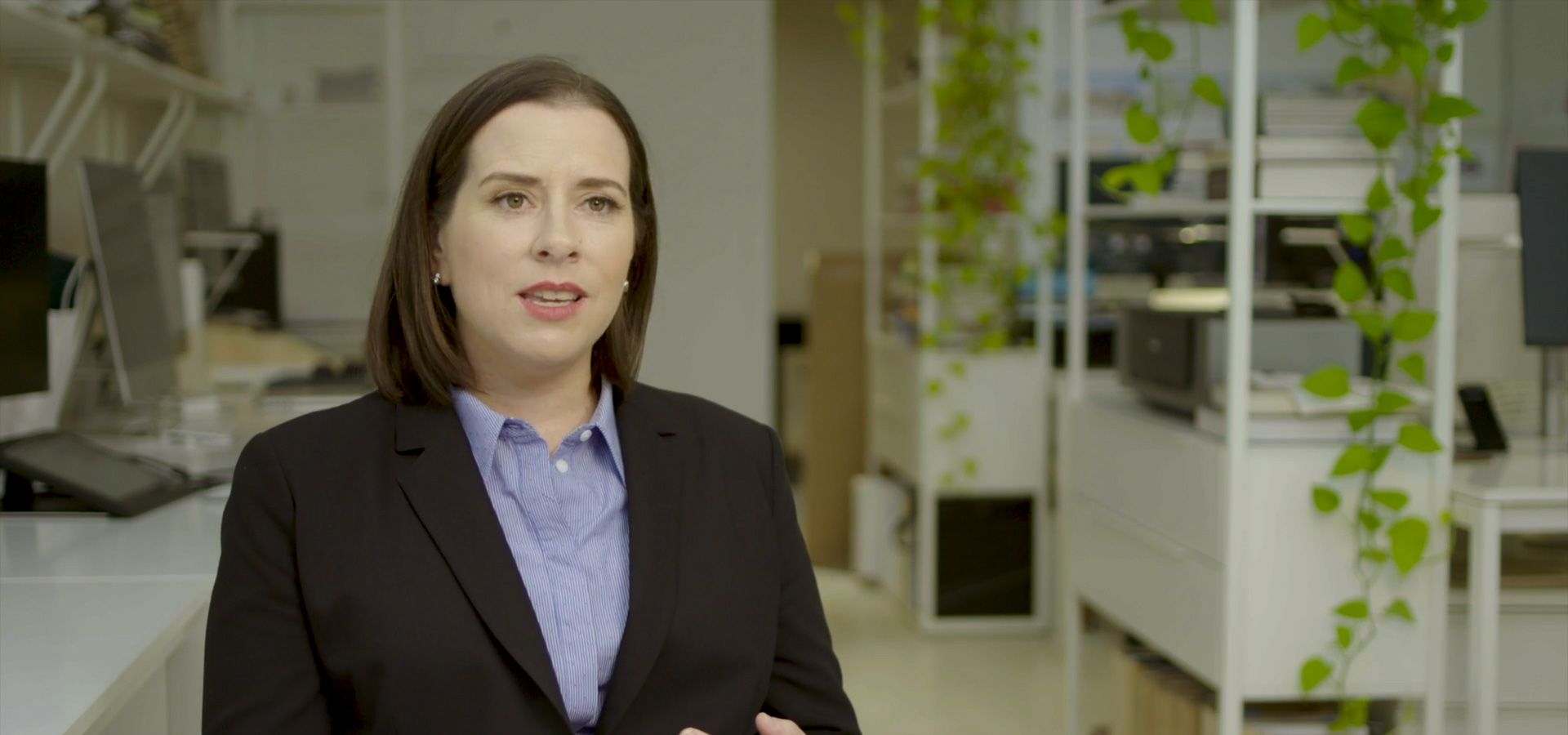The Future of Work: Christine Hayward
4 August 2020
Christine Hayward, Executive Director at IIC Partners, discusses the growing momentum of diversity and inclusion, how to support the leaders of tomorrow, and how A.I and automation will be forces for good once we overcome short term challenges.
What is the one piece of advice you would give the leaders of tomorrow?
Communication is vital. It really doesn’t matter how many great ideas you have, how much amazing work you produce, if you fail to communicate your concepts to the right audience at the right time, your vision will not go anywhere. So yes, be an amazing engineer, have an incredibly deep understanding of finance, be an expert on big data. But know how to tell your story, know how to sell your ideas to the people that matter. Without that fundamental skill, you’ll find your career stagnating. Find mentors and senior leaders who will support you and provide direct and actionable feedback on your communication and consensus-building style.
How has the world of work changed during your career? How will it change in the next 5 years?
Technology has radically changed the workplace and the way that we do business. What I consider the most impactful changes for the executive search industry, one area that Springs to mind is the availability of seamless and often free global communication tools. Looking back, not that many years ago, video conferencing was a novelty. It was expensive and it was seen as a secondary method of communication. Now it’s readily available to everyone in business, and they’re extremely robust, free tools that facilitate communication through this channel. There is no need to see executive candidates in person for first-round interviews. This can be done online. This has really helped to streamline the search process and create greater efficiencies. I believe we will see workplaces become more collaborative and technology will really help to unleash the power of teams. In the United States, there is a heightened focus on diversity and inclusion, which can have an incredible impact in the workplace, helping businesses create better products and services that speak to a more holistic population. It’s certainly a long road ahead, but it feels like there’s real momentum in this space at the moment.
What are the most important skills leaders will need in the future?
I think we’ve already started to see that the top-down leadership style that was once seen as something to emulate is starting to look rather tired. The leaders of the future will be naturally curious and open to new ideas. They will have the emotional intelligence to build strong and balanced teams and the wisdom to consult and listen to those teams. Leaders will need to be flexible and agile, they’ll need to be able to implement strategic change quickly as required. In a connected world, the relationship between the company and the consumer will continue to shift. Companies will have to do better and they will be held accountable.
How would you go about building the leaders of tomorrow?
I’m not sure we should assume that we can build the leaders of tomorrow. The reality is that they will build themselves. As the current generation, our role is to remove the barriers, to offer the tools, to give the incoming workers the platform to build themselves into leaders. This means embracing our global economy, facilitating internships, exchanges, and cross border opportunities, being open to and encouraging ideas from all walks of life. Of course, that all sounds wonderful and easy. And the reality is it’s far more complex, but at its most basic, it’s about education and opportunity. If we get out of the way, amazing things will happen. I had the good fortune to come to the United States as an intern on an international exchange program some years ago. I know firsthand the power that experience had on me and the impact that it had on others. Openness, encouragement, and trust. These were the things that gave me a path to leadership.
How will automation and A.I. affect the jobs market?
Ultimately, I think we’ll see that automation and AI will improve the human condition, and both directly and indirectly, that will create new job opportunities. But in the short term, we will see, as we do with any new technology, a number of jobs disappearing. What’s interesting about this round of technical advancement is that it has the potential to impact knowledge economy workers in a way that has been previously unseen. There’ll be a short term skills gap. And as we’ve seen historically, those individuals with expertise in STEM subjects, who can also effectively communicate, will continue to be the most highly in-demand workers.




